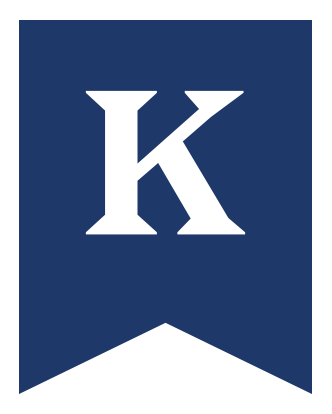Collaboration. Trust. A New Way of Being.
Innovation. Change. Creativity. Paradigmatic shift. New reality. Out of the box. Reimagined. Words and phrases like these have been used, over used, and perhaps abused for about the past decade in the world of education – particularly education rooted in the Christian tradition. Over that period of time, schools, denominations, churches, ministries, and accrediting organizations have spent an enormous amount of time and energy trying to build new “models” of education.
While there are many reasons, a few that stand out are the fact that 10 years ago, enrollment was declining in seminaries all over North America. The majority of seminaries in the Association of Theological Schools were enduring annual operating deficits. The perceived value of theological education was beginning to diminish and students were incurring an ever-increasing amount of educational debt while in seminary. Indeed, there were many challenges to address and schools, out of a deep desire to pursue their missions, began working diligently to develop creative ways to provide theological degrees. It is difficult to overstate the exponential increase in “creative” activity among seminaries over the past 10 to 15 years. This can even be tracked by reviewing the substantial increase in applications for exceptions or exemptions received by the Association of Theological Schools.
In order to create a new paradigm, one must embrace the fact that the current paradigm is, in fact, fatally flawed.
Between 2008 and 2013, unbeknownst to each other, a few schools became painfully aware of how deeply each needed to begin operating within a new paradigm. The challenge, however, was not simply recognizing the need to change, but rather grasping the depth and interconnected nature of the change that needed to take place.
You see, words like change, innovation, reimagine, and so on sound great, but they often fail to truly capture the comprehensive nature of the work that needs to be done. In order to create a new paradigm, one must embrace the fact that the current paradigm is, in fact, fatally flawed.
Too often, when schools try to “reimagine education” or be “innovative” they try to put new content or different delivery models or different people into the exact same system. The problem is that the structures and financial models required to support them (and assumptions undergirding them) are never truly examined. As a result, despite herculean efforts to build something new, the old somehow continues to rule the day.

